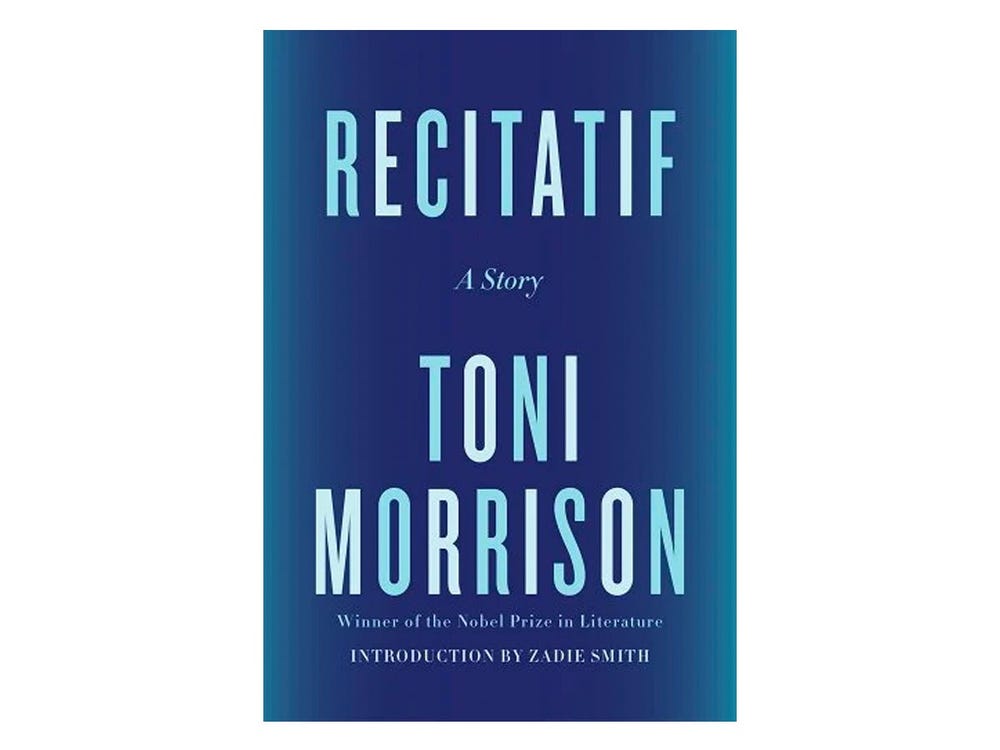Toni Morrison’s Pulitzer-prize winning novel, Beloved, took home the Anisfield-Wolf award for fiction in 1988. In it, a slave, unwilling to see her children grow up and live the same fate as their mother, killed one of her children rather than see them in bondage. Eighteen years later, the mother is visited by a young woman who she believes is the slain infant, returned.
However lauded the work may be, not everyone is a fan. Most recently, a Fairfax County parent has petitioned to ban the book based on the book’s content, which she says gave her son nightmares after he read it for his senior-level English class. “I’m not some crazy book burner,” Laura Murphy said. “I have great respect and admiration for our Fairfax County educators. The school system is second to none. But I disagree with the administration at a policy level.”
Of course, Ms. Murphy’s request is nothing new for the novel. According to the American Library Association, Beloved ranks 26th out of the most frequently banned books of the past 10 years. Its content (particularly the infanticide) has certainly disturbed many readers, but it is still lauded for its examination of the African American experience throughout the course of history—both good and bad.
In a 1987 interview with the New York Times, Toni Morrison talked about her inspiration for the book:
”I was amazed by this story I came across about a woman called Margaret Garner who had escaped from Kentucky, I think, into Cincinnati with four children. And she was a kind of cause celebre among abolitionists in 1855 or ’56 because she tried to kill the children when she was caught. She killed one of them, just as in the novel. I found an article in a magazine of the period, and there was this young woman in her 20’s, being interviewed – oh, a lot of people interviewed her, mostly preachers and journalists, and she was very calm, she was very serene. They kept remarking on the fact that she was not frothing at the mouth, she was not a madwoman, and she kept saying, ‘No, they’re not going to live like that. They will not live the way I have lived.'”
Morrison argued that her novel was not about slavery but a broader look at passion, self-sabotage, and the will of a people told they are less than human.
While Ms. Murphy may not succeed, her concerns about what is appropriate for children and young adults are very valid. Have you ever read a book you felt you were too young for, or have your children come home with a book you felt was above their maturity level?


Cindy
March 6, 2013
I don’t recall having read a book I thought I was too young for, but I have read books and seen movies that left me with nightmares. I saw the movie version of “Beloved” in my late 30s and yes, it gave me nightmares. It is a heartbreaking story. . As hard as it was to watch and to dream of, I’m glad I did. I just watched the movie “Trishna” and had the same reaction. There is a lot of pain in the world that needs to be acknowledged. 17 or 18 years of age is not too young to come to terms with this. It is in having our heart broken with the pain of the world that we become more human. I appreciate a parent’s desire to protect their child from that pain but it it is neither possible nor in the child’s best interest.